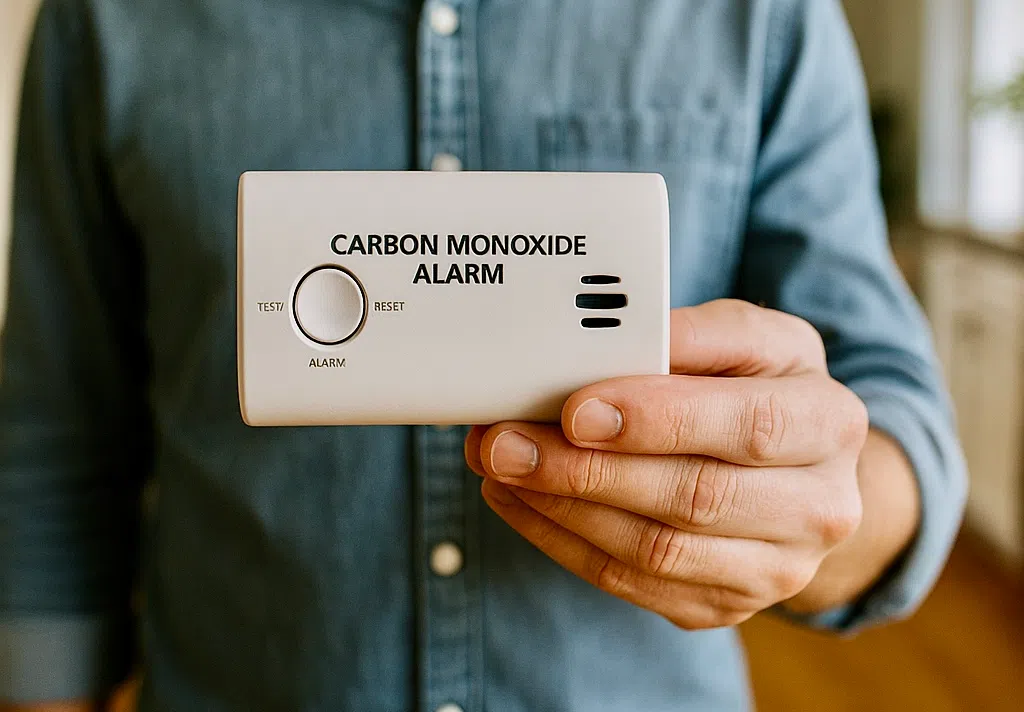
With Carbon Monoxide Awareness Week underway, Northumberland leaders are looking to help ensure residents stay safe this winter – and also prepare for expanded requirements related to carbon monoxide (CO) alarms that will come into effect at the start of 2026.
Carbon Monoxide Awareness Week runs until this Friday, Nov. 7, but the safety messages and tips emphasized during the effort can be lifesaving and applied long after the campaign, explains Brian Buchanan, a fire inspector with the Municipality of Trent Hills and president of the Northumberland County Fire Prevention Officers Association.
The awareness effort centres on the risks of CO exposure, and how to prevent falling victim to the deadly poisonous gas.
It only takes something as simple as a furnace not working properly – and it can claim your life.
Often referred to as the “silent killer,” more than 65 per cent of CO-related injuries and deaths in Ontario occur in the home.
That’s why carbon monoxide detectors are so critical – there’s no other line of defence, explains Buchanan.
“You don’t see it, you don’t taste it, you don’t smell it – but it’ll affect you, for sure.”
Buchanan tells us more about what residents need to know to protect themselves.
And those aren’t the only fuel-burning appliances or devices that can pose a risk.
CO poisoning can mimic flu-like symptoms – headache, nausea, dizziness, burning eyes, confusion, drowsiness or even loss of consciousness. Poisoning can be quick, or concentrations can slowly accumulate over long periods of time.
For fire departments across the county, CO alarm calls aren’t uncommon, and are more common in the heating season.
“A lot of times if your furnace isn’t working properly, it will emit CO,” explains Buchanan. “It is always good to have your furnace checked by a professional (and) make sure it’s in top-working condition.”
In terms of more helpful tips, something as simple as ensuring vents outside are clear – especially after a snowstorm is also key, adds Buchanan. Thinking back to the ice storm earlier this year, improperly placed generators during outages were another issue, with crews across Northumberland responding to a slew of calls about high levels of CO in homes as a result, continues Buchanan.
Portable fuel-burning generators are only to be used outdoors in well-ventilated areas and away from windows, doors, vents and other building openings.
This year, leaders are also utilizing the awareness campaign to zero in on expanded requirements around CO alarms set to come into effect Jan. 1, 2026, explains Buchanan.
“Make sure you’re protected and you’re in compliance with the fire code.”
Residents can learn more about the changes online.
(Written by: Sarah Hyatt)




